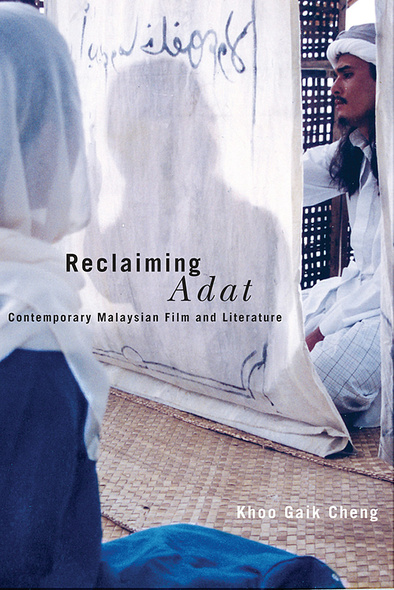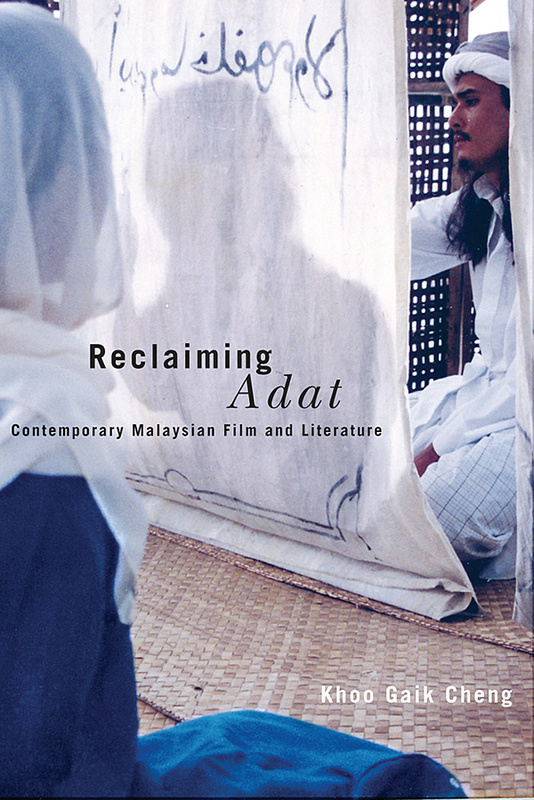
In the early 1990s, the animist and Hindu traces in adat, or Malay custom, became contentious for resurgent Islam in Malaysia. Reclaiming Adat focuses on the filmmakers, intellectuals, and writers who reclaimed adat to counter the homogenizing aspects of both Islamic discourse and globalization in this period. They practised their project of recuperation with an emphasis on sexuality and a return to archaic forms such as magic and traditional healing. Using close textual readings of literature and film, Khoo Gaik Cheng reveals the tensions between gender, modernity, and nation.
Khoo weaves a wealth of cultural theory into a rare analysis of Malay cinema and the work of new Malaysian anglophone writers. Reclaiming Adat makes an essential contribution to our knowledge of the complexities embedded in modern Malaysian culture, politics, and identity.
The book will be a useful source for students interested in postcolonial film and literature, Asian culture, and gender studies, as well as the general reader keen to learn about contemporary Malaysia.
One of the most cogent analyses I have read on the cinema of a Southeast Asian country. Well-versed in both literary theory and film theory, what Khoo has accomplished is amazing.
Illustrations
Acknowledgments
Abbreviations
1 Reclaiming Adat
2 Malay Myth and Changing Attitudes Towards Nationalism: The Hang Tuah/Hang Jebat Debate
3 DissemiNation of Malay/sia
4 Malay/sian Films: Cinema of Denial
5 Representations of the Modern Malay Woman of the 1990s
6 What Is It To Be A Man? Violence in the Time of Modernity
Appendix A: Cultural Representations of Hang Tuah and Hang Jebat
Appendix B: Primary Filmography
Appendix C: Secondary Filmography
Notes
References
Index





